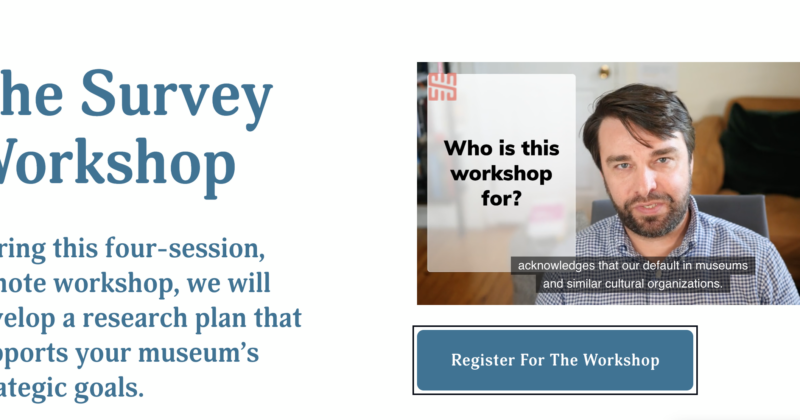Reflecting on Practice
Recently, I held up my clock to a mirror. It was time for reflection–
I am sorry; I couldn’t help myself! I have often been thinking about the role of reflection in training and staff development. This winter, I completed a professional learning program called Reflecting on Practice(RoP).* This program aims to allow informal educators to dive into the latest science on learning within a cohort model. The RoP project’s goals are to put research ideas into practice, transform its participants, and promote a culture of learning. This train-the-trainer model allows the program to reach millions of people in out-of-school settings like botanical gardens, museums, national parks, nature centers, and zoos every year. I found this program to be transformative because it fully embraced the social aspect of learning and professional development. The cohort model allows for many opportunities to interact in small groups or one-on-one with peers. The framework that they present is social as well. Educators are encouraged to enable...




